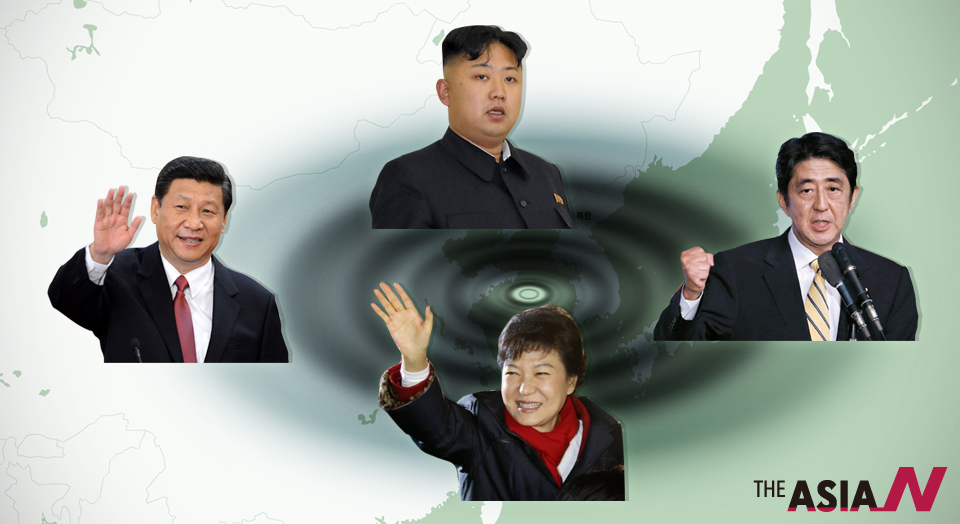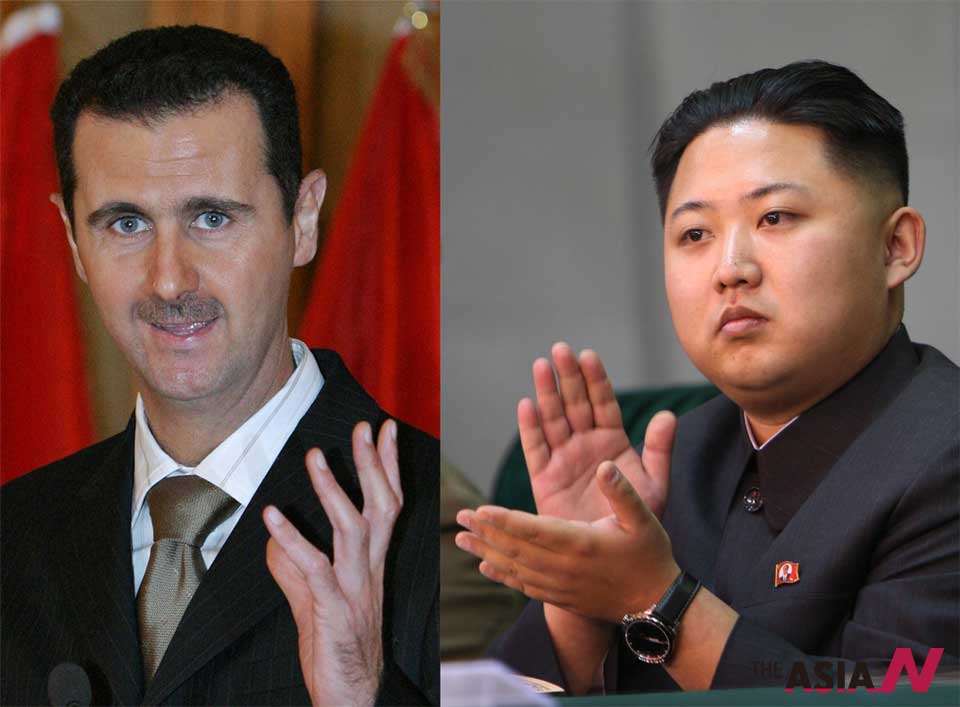[London Olympics] ③ In the love of Shakespeare
*Editor’s note: This is the third of six-part stories on the London Olympics
When we were studying English literature at university there were two different editions of each Shakespearean work: a deluxe, medium-format British one printed on glossy paper, with additional explanations, on the first pages of which appeared the pictures of the work’s screen and stage actors and actresses, the other, an economical Indian one on newspaper paper with the original text and explanations in modern, simple English on every two opposite pages.
We knew Shakespeare’s two faces when we began watching his works to find out that he has more than a thousand faces, which film, drama and ballet makers, and even illustrated books, presented.
His portraits began to multiply and be discovered and presented in a new innovative frame. It is cultural capital and a priceless treasure indeed. But what does this do with this year’s London Olympics?
With a new sonnet composed by the contemporary poet Mark Ravenhill in honour of the great poet the Royal Shakespeare Company started Shakespeare International Festival in celebration of his 448th birthday.
All will take part, from Britain, in London, his birthplace Stratford – upon – Avon, Getshead Newcastle, Birmingham, Brighton, Wales and Scotland, in addition to 37 treatments of a number of the playwright’s works from around the world, including Iraq, Brazil and Mexico.
Addressing Shakespeare, Mark says:
I envy you. Your world was new, unmapped,
The language that you wrote in barely fixed;
You were Shagsbeer or Shaxpeer – whatever
Form your Will-full pen chose to take each day;
Whole continents of human thought and heart
Were not yet owned by any national tongue
And were yours to chart, conquer, describe, and sell:
You made an empire of our language in your Globe.
And now we rush to patent every cell
Of being: we brand ourselves with jingles,
Every word we speak or write is trading
And our little lives are ended with a deal.
You taught us language and there’s profit on’t
But still a greater possibility – to curse.



















